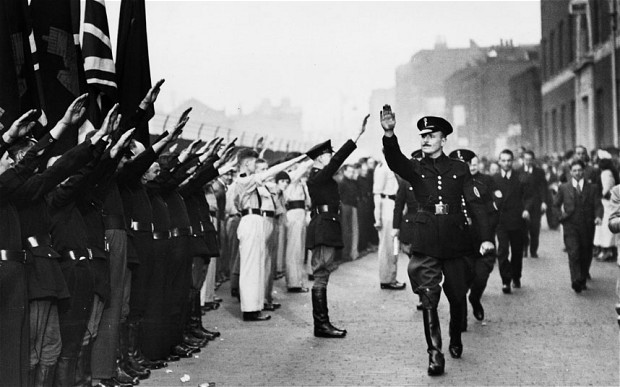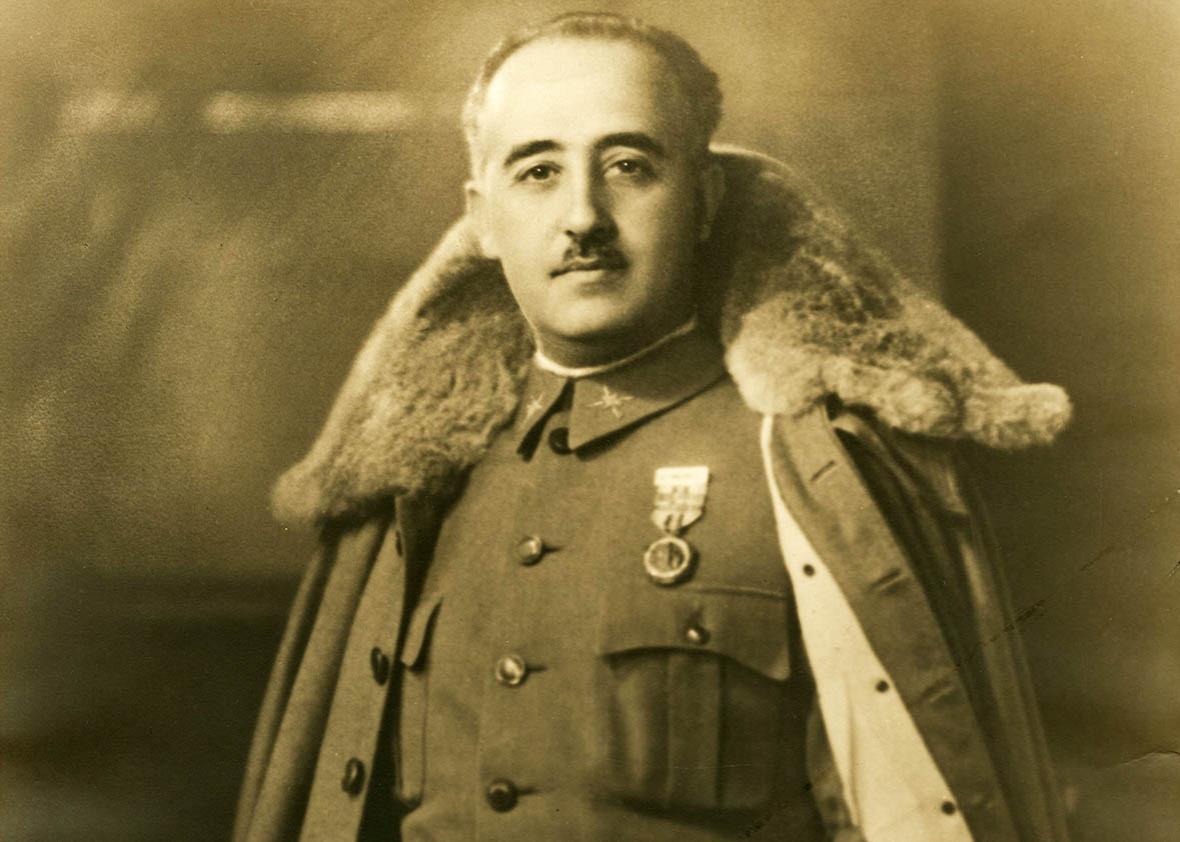I get the feeling Germany's good times won't last. The French are a bit upset.
We all know that humiliating and destabilizing an enemy country after a total war never works out badly.
I get the feeling Germany's good times won't last. The French are a bit upset.
Wow Germany is doing like *cough cough* RU but mostly against Slavs 😷
Nietzscheanism of both flavors seems interesting 🤔
One thought is that the young German managerial class in the Ukraine and Poland were most likely young unmarried men. Mainly heading out east to make their fortune before eventually marrying. Of course being stuck out in Eastern Europe far away from the motherland no one would really raise many heads if they intermarried with the local Eastern Europeans.
Also in OTL outside of your occasional atrocity that was standard for any colonial atrocity the Germans were actually nicer compared to their colonial holdings. To the point that after WW1 some natives actually asked the British if they could be subjects of Germany again. This was mainly a result of Kaiser Wilhelm actually viewing them as future trade partners.
Perhaps the Germans could eventually adopt a pro miscegenation policy to hold their new empire together. Plus going down the route of an Imperial Federation...
.
Also in OTL outside of your occasional atrocity that was standard for any colonial atrocity the Germans were actually nicer compared to their colonial holdings. To the point that after WW1 some natives actually asked the British if they could be subjects of Germany again. This was mainly a result of Kaiser Wilhelm actually viewing them as future trade partners.




I look forward to it. I'd like to see what makes these different from OTL Fascism.The chapters on Britain and France are shorter because they'll have more content in the future that I'm building too.
Next up, we're going to look at Croixism, Britannianism, and Nietzscheanism, as well as Liberia, before circling back to the US.
I'm into it! I'll always have a soft spot in my heart for IngNat and Orwell though 🤔Next up, we're going to look at Croixism, Britannianism, and Nietzscheanism, as well as Liberia, before circling back to the US.



IIRC the last thread didn't even have Russia go communist so we may not see a USSR at all.By now I am wondering where USSR of TTL will go down Stalinism, or Trotskyism, or collections of less fanatical and more competent ones like Molotov, Bukharin? Would love to see a no-Stalin USSR that could become a fairly lenient one haha but the TL is your choice though
I almost said "thank goodness" until I realized that a Russian Empire is almost as bad. Pray for a Russian Republic boys! The Ukraine, the White Russians, the Polish, everyone will be free!IIRC the last thread didn't even have Russia go communist so we may not see a USSR at all.
Not really. Even the left-wing Russian Republic would be willing to subjugate back those territories and continue russification. Especially in Ukraine and Baltics. And trust me, direct Russian control is worse than German economic control.I almost said "thank goodness" until I realized that a Russian Empire is almost as bad. Pray for a Russian Republic boys! The Ukraine, the White Russians, the Polish, everyone will be free!
Alright, total balkanization it is then!Not really. Even the left-wing Russian Republic would be willing to subjugate back those territories and continue russification. Especially in Ukraine and Baltics. And trust me, direct Russian control is worse than German economic control.
Well, it is probably a nationality imposed on foreign bayonets.(What do you mean "Transamurian" isn't a real nationality?)